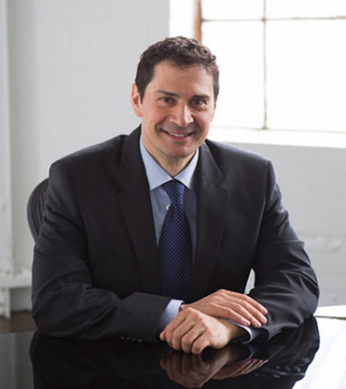The decision isn’t always so distinct with respect to where a business should be putting its retained earnings.

Re-investing in your business should be seen as a way of “paying it forward” in the sense that you will reap the reward in future earnings. Depending on a company’s growth stage, distributing profits back into the company can encompass a range of benefits. Proper planning is imperative. If you recall from the first article, we determined proactive ways in which to deploy retained earnings. These are listed here again for reference:
- Take the Money As A Dividend To Shareholders
- Grow Your Business Through Acquisitions
- Invest in Your Team Members
- Invest in A Participating Life Insurance Policy
- A Combination Of These
How Do I Decide What to Do?
Our advice? First, evaluate if your company can grow at a rate of return that is higher than at least 5% either through acquisitions or increasing resources such as key personnel, office space, or equipment and machinery. Consider growing from within or externally as in points 1 through 3.
For a young small business, the choice might be simpler. If a business has received funding from investors but still needs to establish itself, it might want to consider reinvesting in the company and stick with point 2 and 3. If a business can afford dividends, giving your investors some payback can be a good choice so opt for point 1. Please note, this should be considered with the help of a CPA and Certified Financial Planning professional as to how and when to withdraw these.
Supposing a company has been in business long enough and are well established, the shares of the corporation will likely have value. Now consider a situation where a sole shareholder or a partner passes away, how will the final tax bill of the deceased get taken care of?
When a shareholder dies, those shares cannot pass tax-free (other than to a spouse) as it will be considered a deemed disposition. Enter point 4 – the absolute need for a well-designed life insurance policy as it is the best Estate Planning vehicle available to business owners. This is especially true if entrepreneurs have retained earnings in which they can fund or transfer into and in turn, build up the cash values. To what avail you may ask? It is a well-established fact that cash values from a participating policy act as an anchor on the balance sheet as this strong and stable asset increases tax sheltered every year. In turn, since the shareholder doesn’t need to die in order to benefit from a participating policy, it can be borrowed against or used in other cash flow needs in future. Life insurance cash values are the ONLY tax-sheltered account available to a Canadian corporation!
Moreover, if life insurance is not an option for whatever reason, and your company does not have a buy-sell agreement please get one in place ASAP! Buy-sell agreements are a lot like prenuptial agreements, in that they set up in advance a plan for breaking up a business and moving on after a partnership is no longer viable. Every well-seasoned CPA and CFP professional can share horror stories about the surviving shareholders who did not have one in place and both the shareholders and businesses suffered. If a company has enough retained earnings, then it can alternatively create a sinking fund to fund such a buy/sell plan.
A combination of all of these (point 5) is most likely where a majority of businesses lay. Until you do decide, keep the money safe where it can be accessible in a moment’s notice. To note further, start-ups and small businesses cannot afford to be complacent. Every reinvestment made in your organization represents a seized opportunity!
A Final Thought
When profits first start to trickle in, many business owners get a bit caught off guard. Instead of making the money work for them, inexperienced CEOs might reap the rewards too early and loosen the belt a bit too much. However, start-ups and small businesses might not be able to afford these in the long-haul as mistakes of all kinds can be made in the beginning. Every successful entrepreneur should look to the future when deciding where to allocate their new cash inflows!

Gino Scialdone is a financial advisor and the owner of Black Spruce Financial, an independent wealth management firm serving independent business owners. Having grown up in a family business and owning a business himself, Gino has a understanding of the challenges and needs business owners face. Offering a comprehensive array of wealth management and financial planning services, he strives to provide sound and creative strategies that meet a business owner’s short and long-term needs. Based in Toronto, Gino serves clients throughout the greater Toronto area and southern Ontario. To learn more, connect with him on LinkedIn, Facebook or Twitter.
